5 Great Books That Will Transport You to Japan
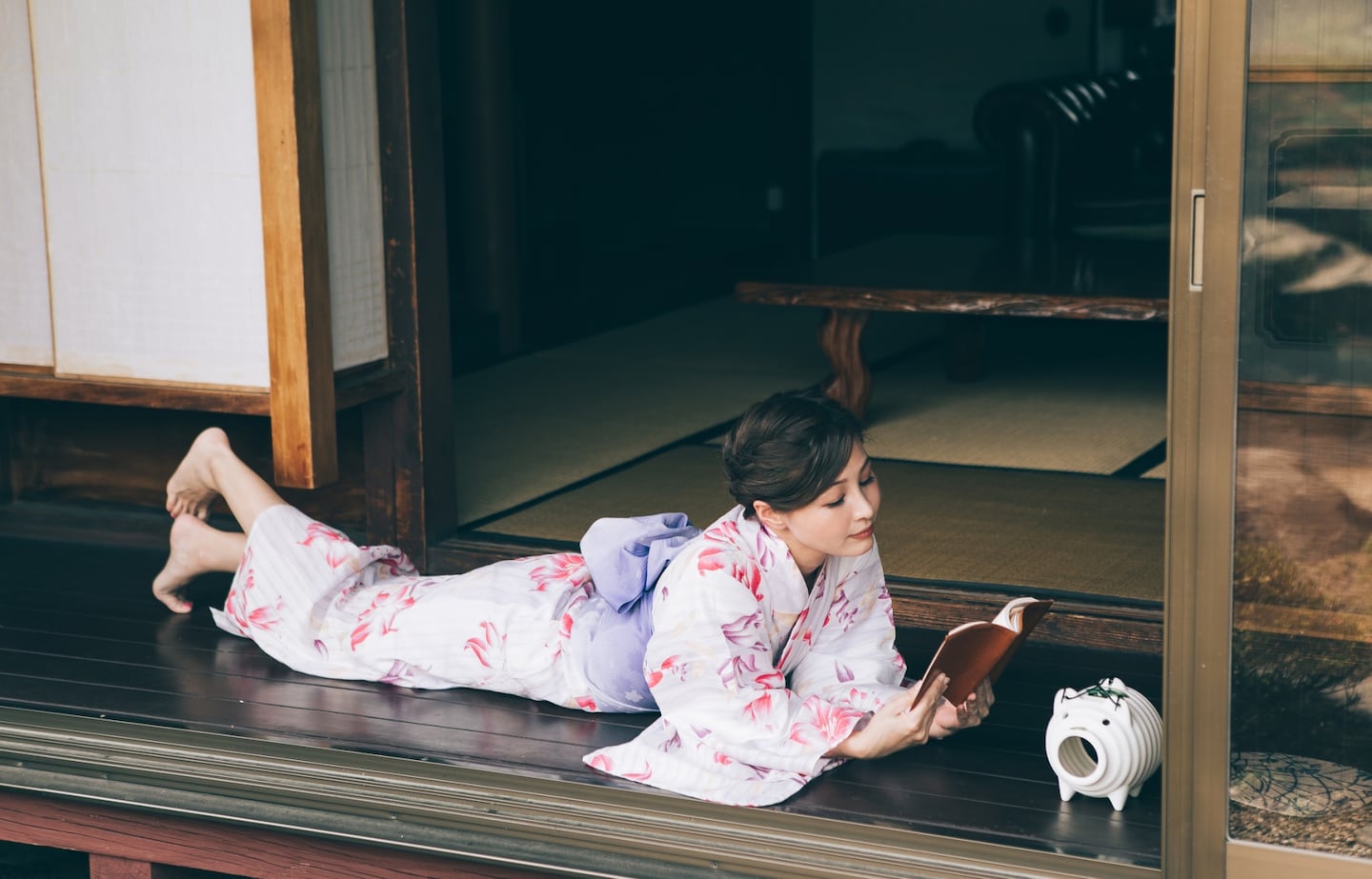
Literature is one of the greatest escapist devices known to man, and as the world continues to cope with the effects of COVID-19, we are more reliant on it than ever. So while traveling to Japan may not be viable in the immediate future, you can still explore it through the world of words! Here are 5 of our favorite books to transport you to Japan.
By DavidLost Japan by Alex Kerr
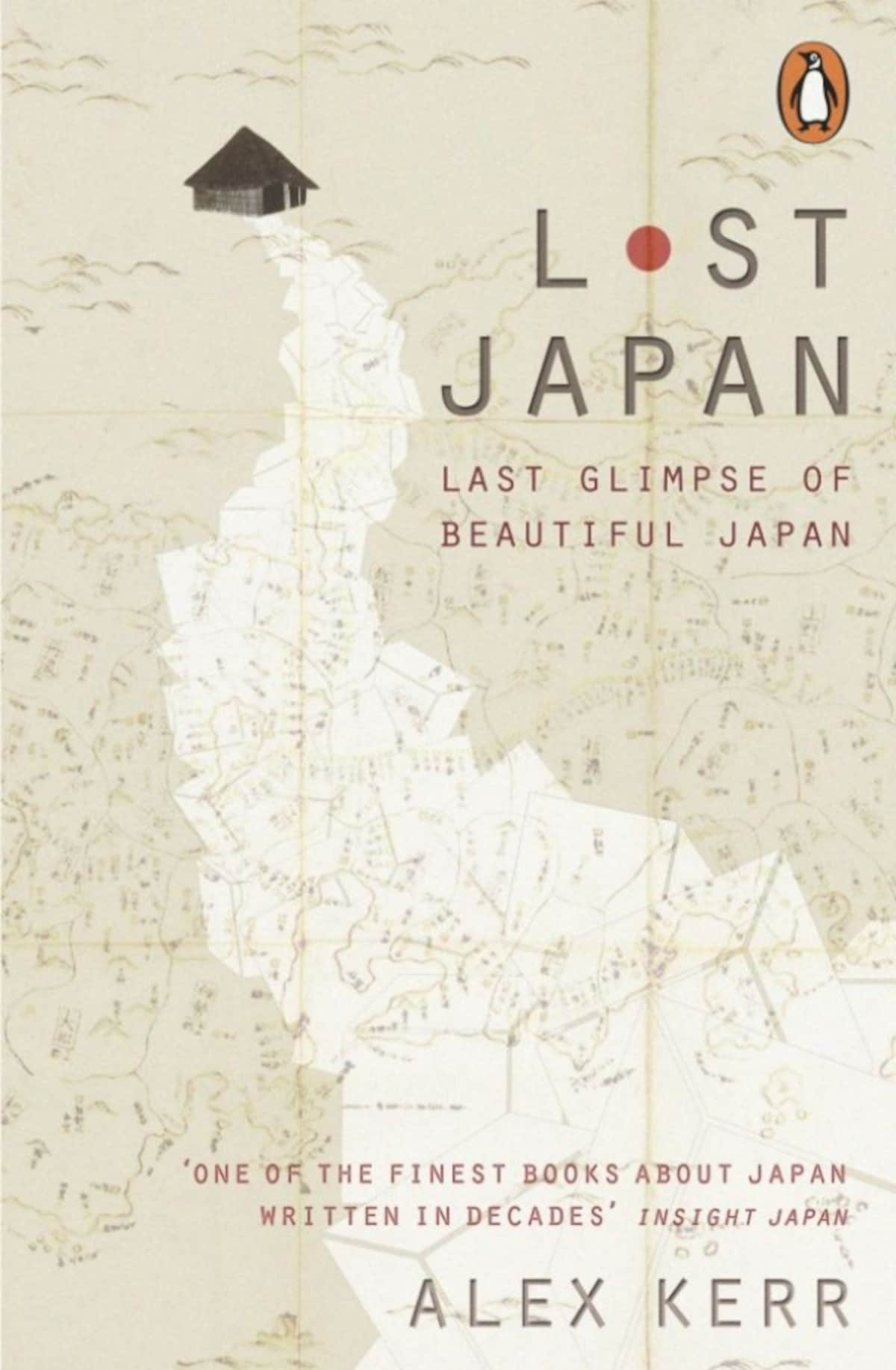
https://m.media-amazon.com/images/I/41Sranq2UZL.jpg
No book serves as a better entry point to the arcana of traditional Japanese culture than Alex Kerr's Lost Japan (1993); a book which also led him to become the first foreigner to receive the prestigious Shincho Gakugei Literature Prize. Originally written in Japanese, Kerr's account is both a highly illuminating and scrupulous love letter to his adopted homeland, its forebears and their creative tendencies. He extols the virtues of Japanese art forms from ancient calligraphy to the origins of Kabuki, while using his irrepressible talent for research to give it all meaningful historical context. The Kuge nobles of Kyoto, the lost puppeteers of Awaji and the near-extinct dialect of Heian Period courts, are just a small handful of the Japanese archives into which Kerr dips his eloquent quill.
Rice, Noodle, Fish: Deep Travels Through Japan's Food Culture by Matt Goulding
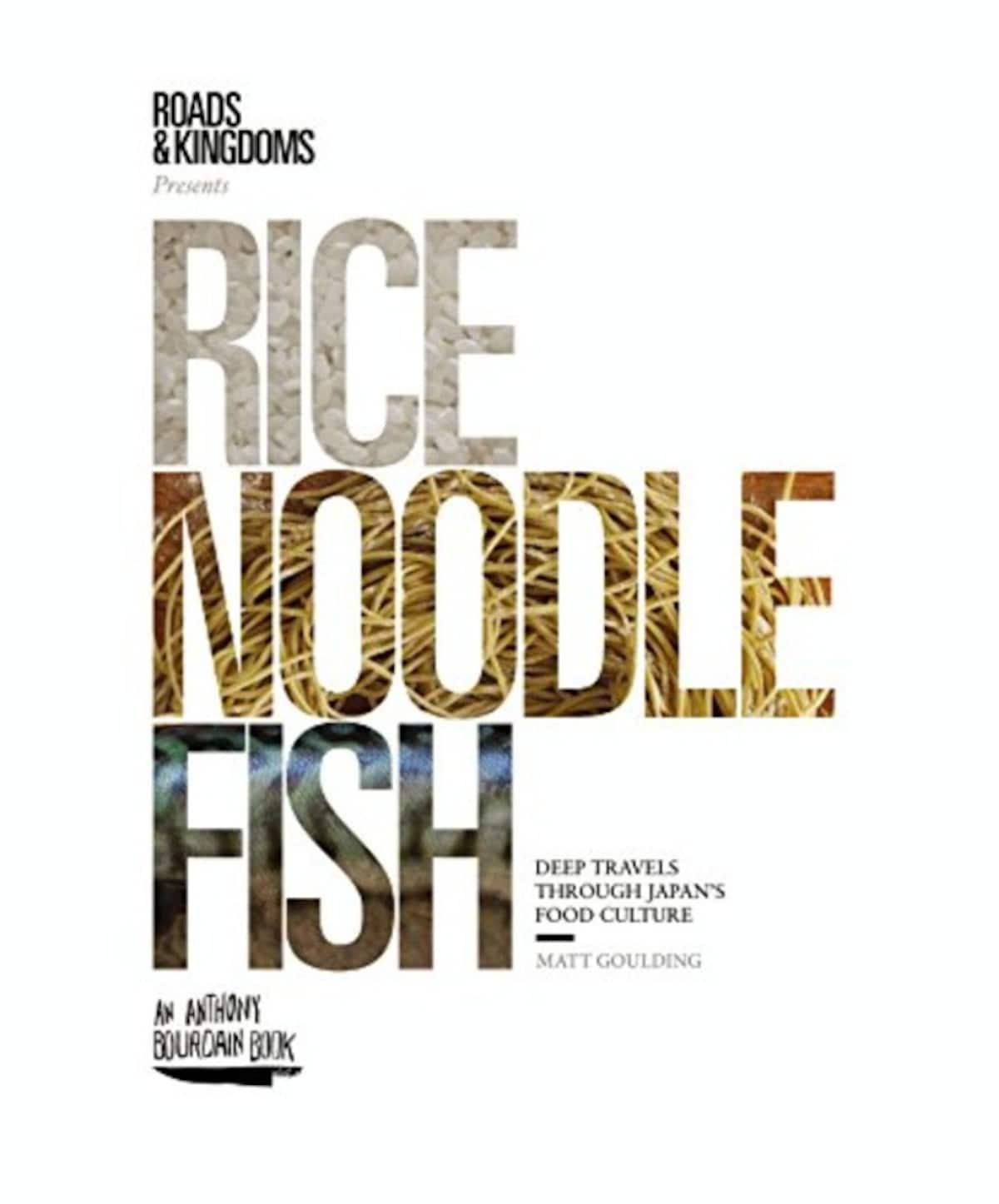
https://m.media-amazon.com/images/I/51+BktmoeqL.jpg
Japan's UNESCO-recognized food culture has been showered with more accolades than any other national cuisine on the planet. In Rice, Noodle, Fish (2015), author and food journalist Matt Goulding peers behind the current to offer some humorous theories as to why that may be the case. "Chief among them," he believes, "is one simple concept: specialization... in Japan, the secret to success is choosing one thing and doing it really f**king well. Forever."
From the book's foreword, a lengthy email correspondence with his inspiration Anthony 'Tony' Bourdain—"The world needs Roads & Kingdoms. It needs this book. Let's give it to them," finishes Bourdain—Goulding's passion for the artistry, dedication and unparalleled refinement of Japanese food literally jumps off the page and lassos you in. Through encounters with Michelin-starred chefs, bespoke dinners with distinguished company, and a journey that takes him the length of the country (not to mention the book's handy "gaijin glossary" and high resolution photography). It's hard not to share in Goulding's unwaning childlike wonder for the world of Japanese food.
The Inland Sea by Donald Richie
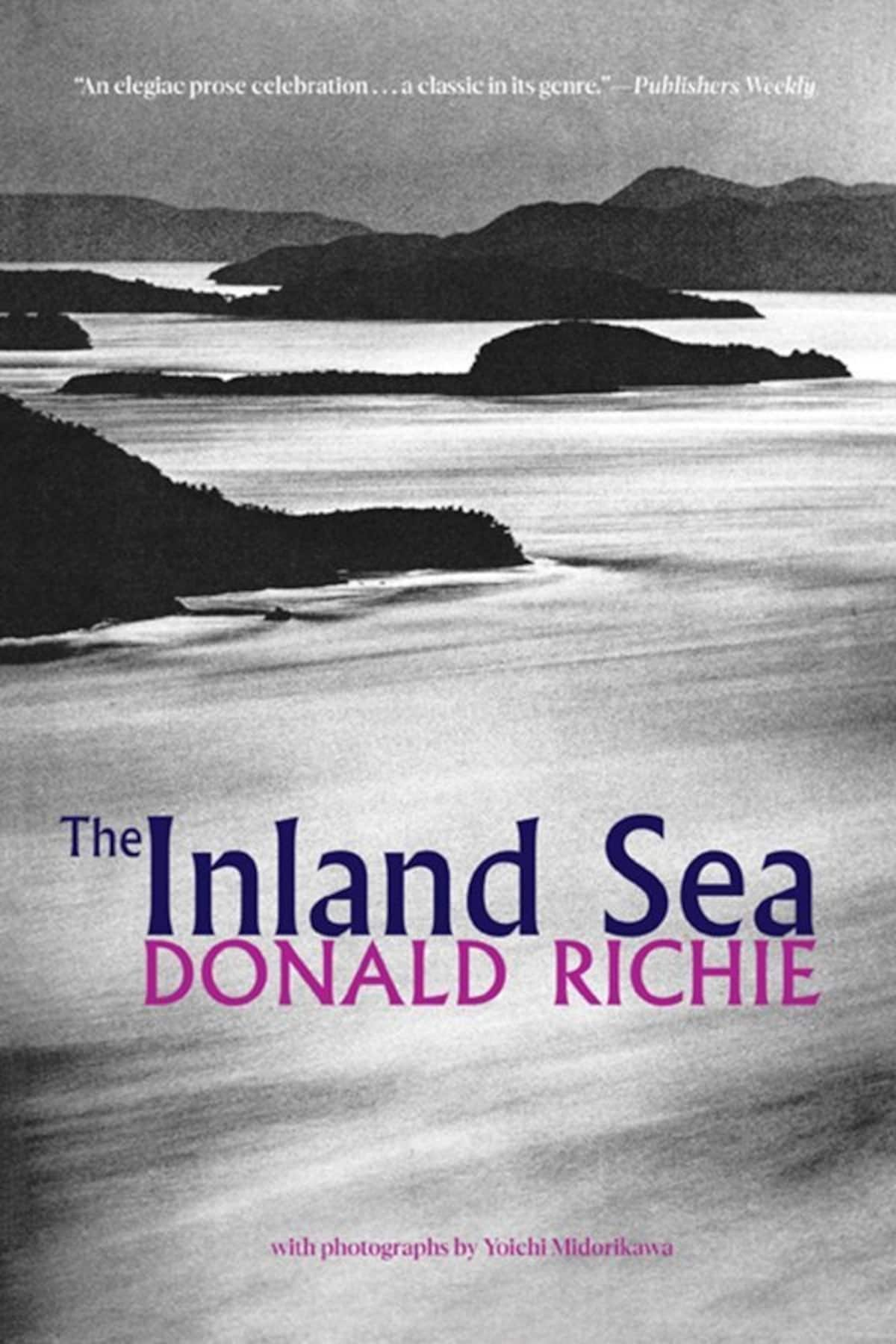
https://images-na.ssl-images-amazon.com/images/I/81BPtl%2BFJnL.jpg
As an out and out literary craftsman, few could rival Donald Richie's ability to convey Japan to the English-speaking world. Almost 60 years after publication, his seminal work, The Inland Sea (1971), remains one of the greatest travel books ever written. Yet it's just one in a fabulous library of books penned by the late American who spent much of his life living in Tokyo. The Inland Sea is a great introduction to Richie's trademark humor, self-depreciation and poetic prose, but also to one of the final slivers of Japan which kindled his love affair with the nation; a Japan "where the hand of man [had] not as yet completely destroyed natural beauty," as he solemnly noted.
Richie was also renowned for his works on Japanese art and cinema. To that end, A Hundred Years of Japanese Film: A Concise History (2002), The Films of Akira Kurosawa (1965), and A Tractate on Japanese Aesthetics (2007) are all compelling reads. And his memoir-esque musings on the exponential growth of Tokyo in the later half of the 20th century, Tokyo: A View of the City (1999), is a Richie book for Richie fans if ever there was one.
Etiquette Guide to Japan: Know the Rules that Make the Difference! by Boye Lafayette De Mente
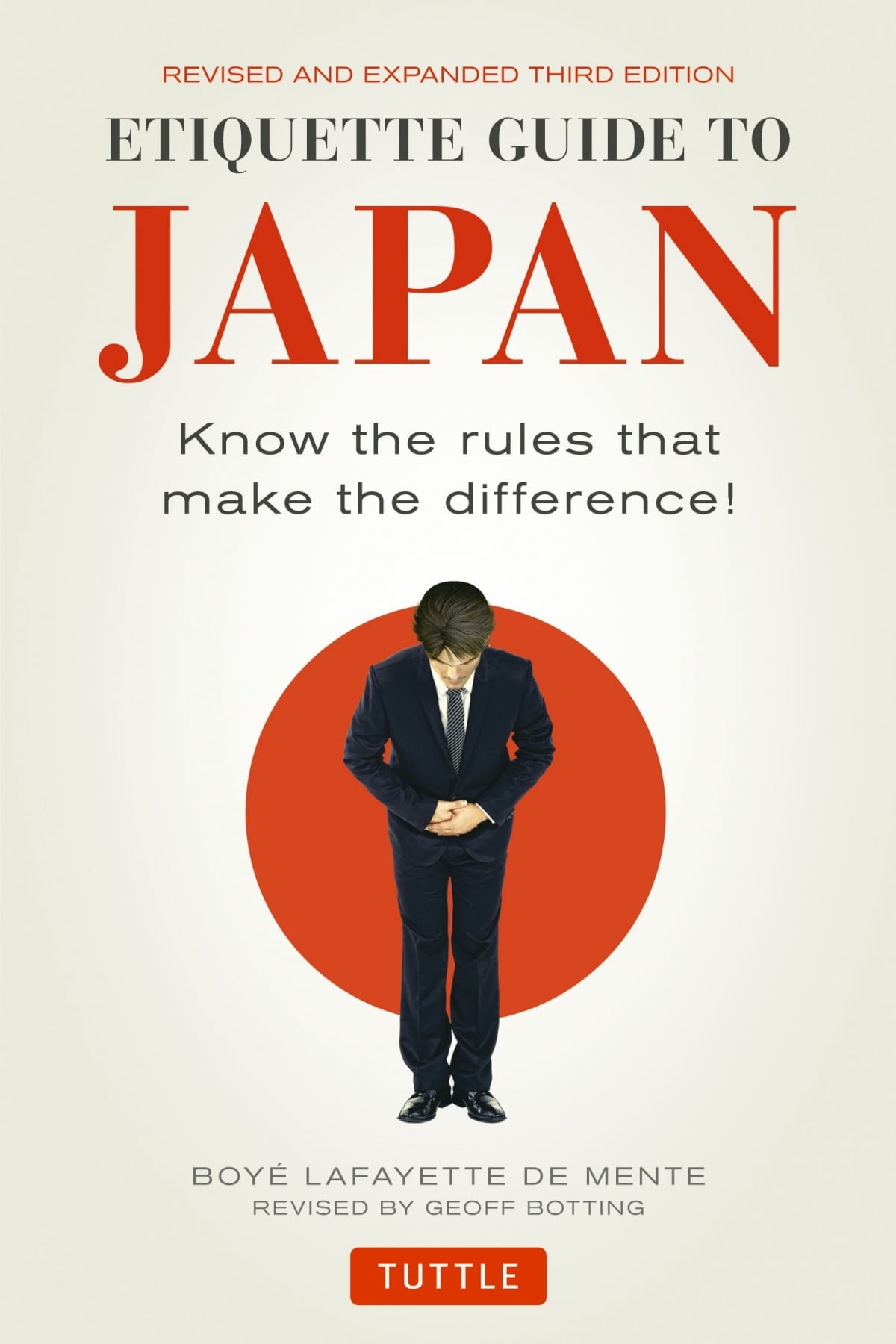
https://images-na.ssl-images-amazon.com/images/I/71VcM-TZZOL.jpg
Etiquette Guide to Japan: Know the Rules that Make the Difference! is a superb field guide for the inquisitive traveler who wants to go beyond the stiff Japanese phrases and dodgy bows that plague many first-time visitors. Japanese cultural norms and social etiquette can befuddle even those who are best versed in these mystic arts, but Boye Lafayette De Mente's 2015 book (updated version) will at least help get the ball rolling. He touches on the obscure nature of Japanese business introductions and navigating a public bathroom, but also on how to observe proper subway etiquette and Japanese dining behavioral norms.
The late Lafayette De Mente was one of the great Japanologists; for those who enjoy his Etiquette Guide to Japan, The Japanese Have a Word for It (1997), The Japanese Samurai Code: Classic Strategies for Success (2005), and Kata: The Key to Understanding and Dealing with the Japanese (2005), will all likely strike chords.
Memoirs of a Geisha by Arthur Golden
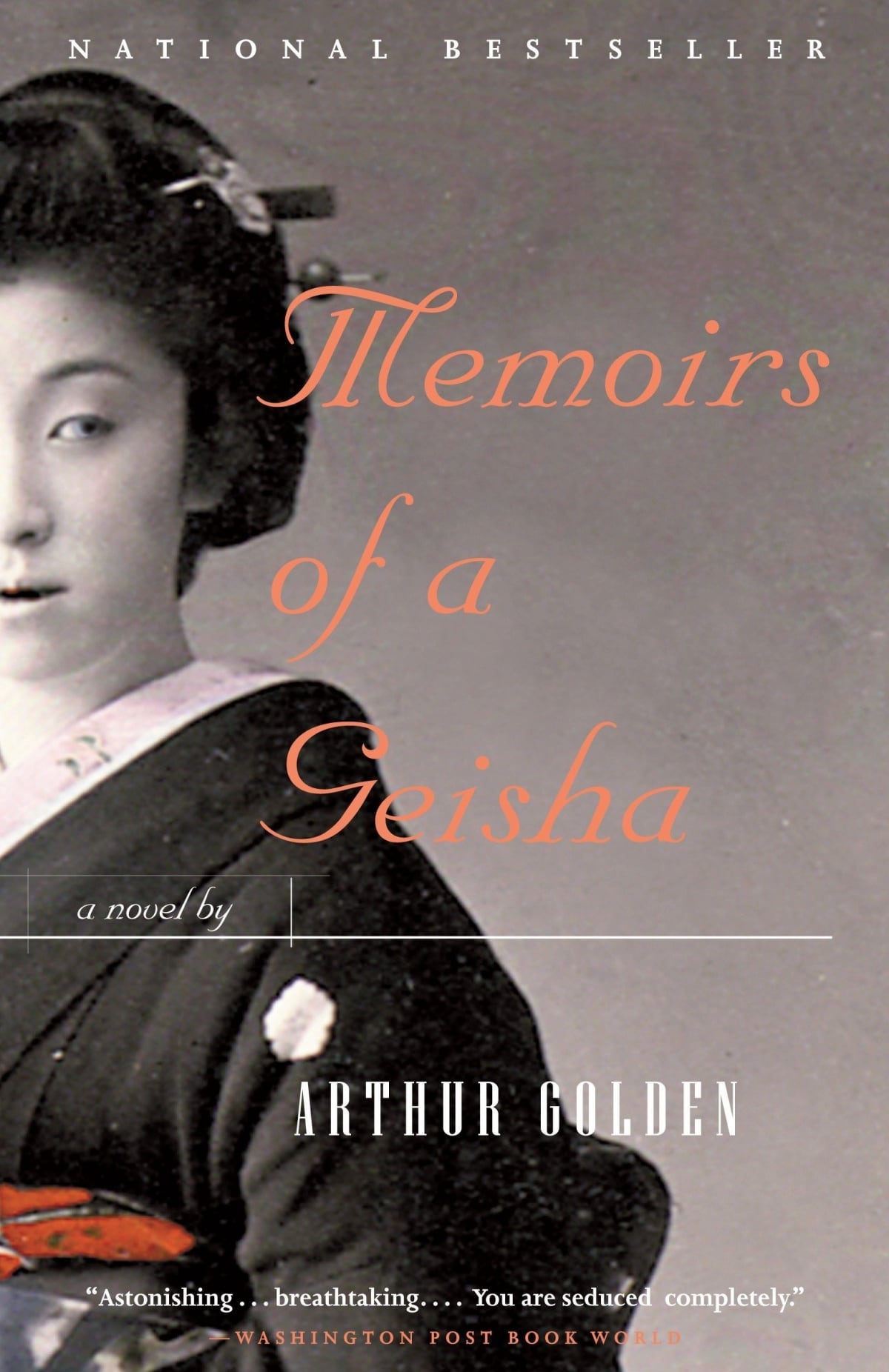
https://images-na.ssl-images-amazon.com/images/I/81Uv4%2Bg9nsL.jpg
Arthur Golden's 1997 first-person perspective tale of a geisha in mid-20th century Kyoto was not without it critics—including Mineko Iwasaki, a real world geisha, who claimed to be the protagonist in his fictional story. But few Japanese cultural novels have made such tremors on the international literary scene, and that is largely down to Golden's vivid world building and attention to historical detail.
The story follows Chiyo Sakamoto whose desolate father in a provincial Japanese fishing village sells her into Kyoto's entertainment underworld. Learning the strict code of geisha etiquette was a confounding and thankless task, and one which Chiyo has to battle internally and externally throughout. Meanwhile the country around her is changing, as the Second World War plunges the populous into famine and depression. Its the dark reality of Japan's past that cause Golden's depiction of Chiyo's life, and of Japan through the strife of the mid-1900s, to read more like a sobering autobiography than the fanciful creations of a foreign dramatist.


